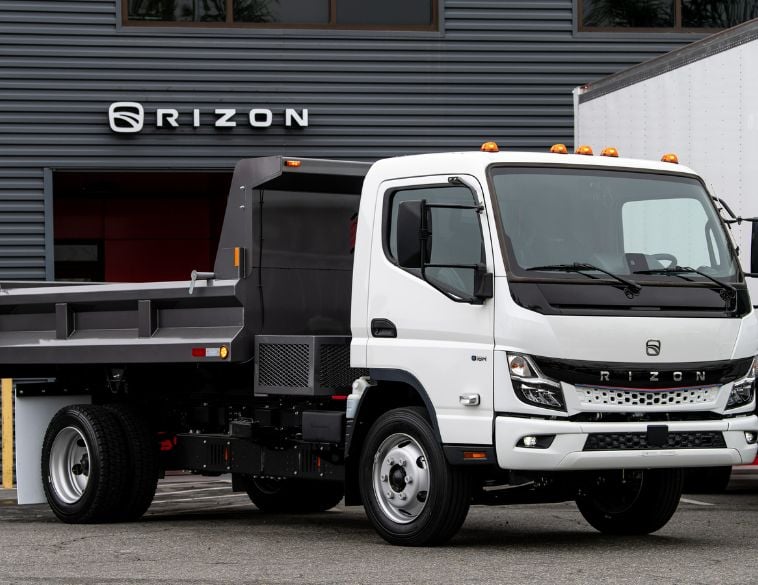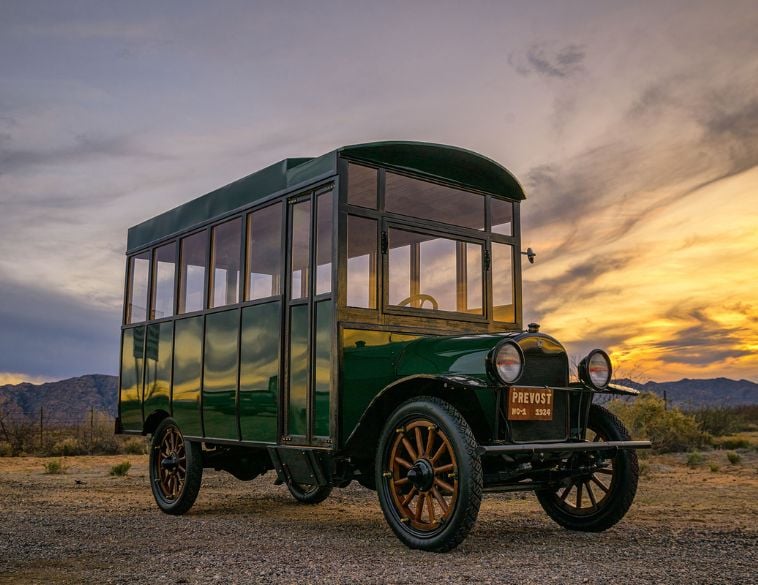New report sheds light on which is right for your fleet.
When acquisition time comes around, fleet managers highly prioritize total cost of ownership as they consider whether to pursue diesel or gasoline power for their vehicles. But the comparison can be complex.
Fuel savings are, of course, always top of mind. Diesel vehicles generally offer a considerable km/L advantage over their gas-powered contemporaries, but these days diesel fuel is often nearly the same price or cheaper than regular unleaded. The average price of a litre of regular in Toronto in April, for example, was $1.16 compared to a $1.07 for diesel.
Maintaining diesel engines can be more costly than maintaining gasoline-powered engines in spite of their rigid construction, and while diesel engines generally last longer, that’s not a consideration for a lot of fleet managers who replace their vehicles at regular intervals long before they give up the ghost on their own.
Although gasoline-driven engines offer more horsepower, diesels are well known for their considerable torque, which results in better pulling power.
Paying a premium
Then there’s the question of whether the premium paid at acquisition for a diesel-powered vehicle will be recouped by fuel savings, if not eventually by higher resale value.
In its most recent Canadian Diesel Analysis, auto industry analysts at Vincentric say that 111 of the 280 diesel vehicles they analyzed—just over 39 percent—are well worth considering.
“There are still very good diesel products available for consumers as evidenced by the Vincentric study. We’ve identified several that have lower cost of ownership than their gas counterparts,” said Vincentric President David Wurster. He said that with recent diesel prices lower than regular grade gas, demand may increase, but if gas prices stay relatively low, it will mitigate their advantage. Wurster also noted that emissions testing on diesel vehicles can be onerous, which makes pursuing the technology less attractive for manufacturers.
Key considerations
Vincentric used eight factors to measure costs: depreciation, fees and taxes, fuel, insurance, maintenance, opportunity cost and repairs, and assumed ownership of five years and 25,000 annual kilometres. They categorized the vehicles by type into passenger cars (four diesels), pickups (220 diesels), and SUVs, crossovers and vans (56 diesels).
All four of the passenger cars analyzed (three BMW and one Mercedes-Benz sedan) offered lower costs of ownership than their closest gas-powered versions; one-third of the pickup trucks proved to be more cost effective, and of those 72, 52 were Fords and the other 20 made by Ram.
Chevy’s 2500 and 3500 models all carried a cost of ownership premium of between $6,000 and $8,000 when diesel equipped, compared to Ford’s F250 and F350 S/D Diesels, which offered savings of more than $8,000.
Best bets
The SUV/crossover/van category turned up the biggest savings, with 62 percent, or 35 vehicles, offering lower total cost of ownership. GM fared less well, with its Chevy and GMC 3500 series cargo vans demanding a premium of about $8,000 for diesel power.
BMW’s X3 and X5 models equipped with diesel engines saved about $3,000 in total cost of ownership, and Ford did well in this category too, with its 150, 250 and 350 Transit Diesel models all offering more than $1,000 in total cost of ownership savings.
“It appears that in the near term diesels are going to occupy a smaller share of the market and remain a feature that is more accepted on vans and trucks,” said Wurster.


